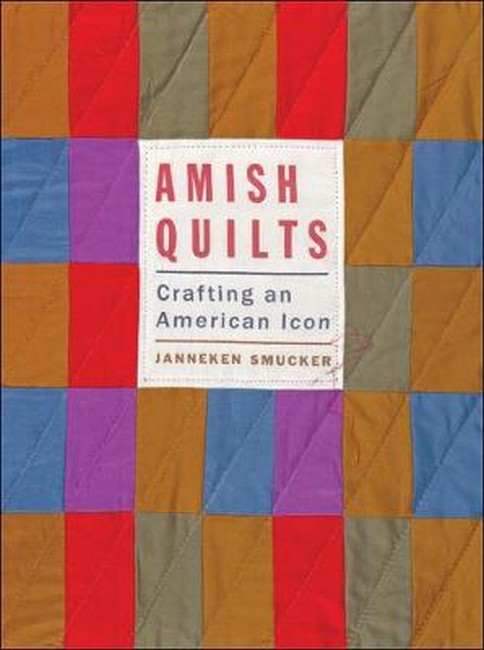Quilts have become a cherished symbol of Amish craftsmanship and the beauty of the simple life. Country stores in Lancaster County, Pennsylvania, and other tourist regions display row after row of handcrafted quilts. In luxury homes, office buildings, and museums, the quilts have been preserved and displayed as priceless artifacts. They are even pictured on collectible stamps. Amish Quilts explores how these objects evolved from practical bed linens into contemporary art.
In this in-depth study, illustrated with more than 100 stunning color photographs, Janneken Smucker discusses what makes an Amish quilt Amish. She examines the value of quilts to those who have made, bought, sold, exhibited, and preserved them and how that value changes as a quilt travels from Amish hands to marketplace to consumers. A fifth-generation Mennonite quiltmaker herself, Smucker traces the history of Amish quilts from their use in the late nineteenth century to their sale in the lucrative business practices of today. Through her own observations as well as oral histories, newspaper accounts, ephemera, and other archival sources, she seeks to understand how the term "Amish" became a style and what it means to both quiltmakers and consumers. She also looks at how quilts influence fashion and raises issues of authenticity of quilts in the marketplace.
Whether considered as art, craft, or commodity, Amish quilts reflect the intersections of consumerism and connoisseurship, religion and commerce, nostalgia and aesthetics. By thoroughly examining all of these aspects, Amish Quilts is an essential resource for anyone interested in the history of these beautiful works.

